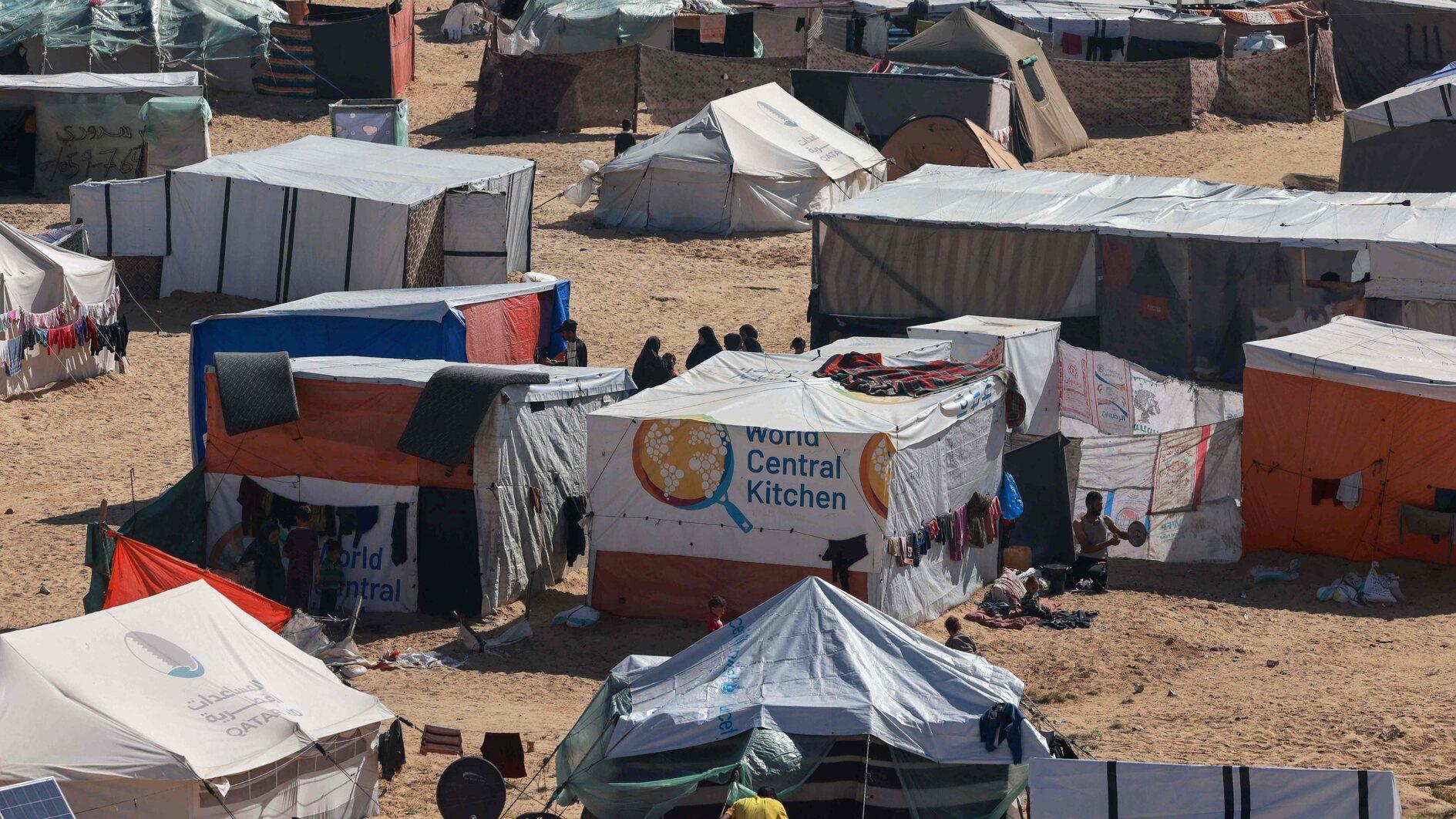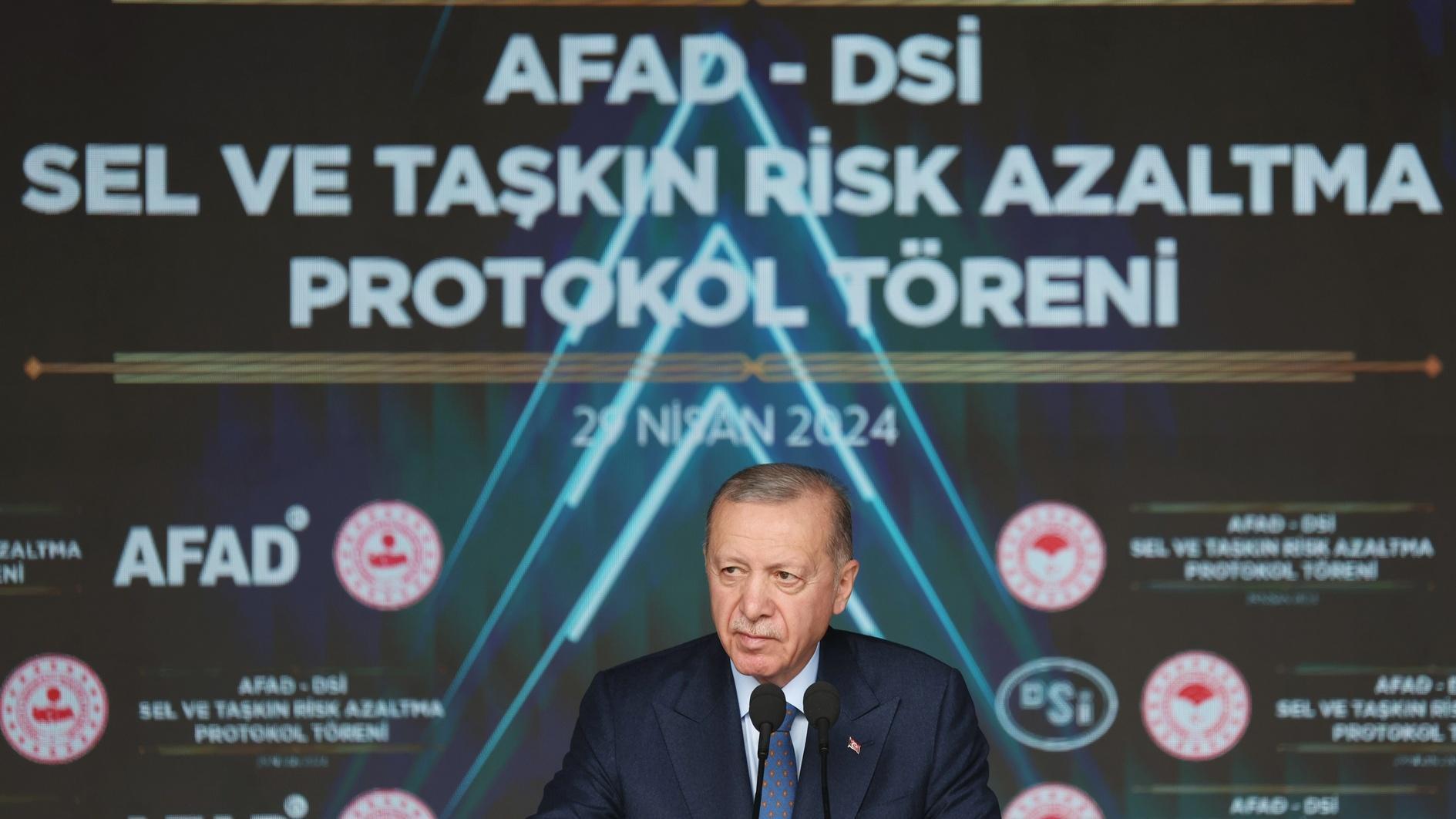Russia's Medvedev warns West over missile shield
MOSCOW- Reuters

Russia's outgoing President Dmitry Medvedev speaks during a meeting of the Commission for Modernization and Technological Development of Russia's Economy, at the biotech JV Generium in Pokrov, Vladimir region, on March 21, 2012. AFP Photo
President Dmitry Medvedev said today time was running out for the West to come up with new proposals to secure Russia's agreement to a missile defense shield in Europe.In a speech ahead of talks with U.S. President Barack Obama next week, Medvedev gave a downbeat assessment of global security and international relations at the end of his four-year presidency, saying the Euro-Atlantic security community he had hoped to create remained a "myth".
Medvedev, who will be succeeded by Vladimir Putin in May, said Moscow was unconvinced by NATO's argument that the planned missile defense shield in Europe was intended as protection against a missile attack by countries such as Iran.
"We have time (for an agreement) but it is running out, and I think that it would be in our mutual benefit to reach mutually acceptable agreements," Medvedev told a security conference.
"The main thing is that we must hear one simple thing - hear it and receive confirmation: 'Respected friends from Russia, our missile defence is not aimed against Russian nuclear forces.' This must be affirmed, not in a friendly chat over a cup of tea or a glass of wine but in a document."
NATO has offered Russia a role in the project to create an anti-ballistic shield which includes participation by Romania, Poland, Turkey and Spain.
But Moscow wants a legally binding pledge from the United States that Russia's nuclear forces would not be targeted by the system. The U.S. envoy to NATO has said the United States will press on with its plans whether Russia likes it or not.
Medvedev did not spell out a possible response.
But he has said previously that if the deadlock continues, Moscow will boost its early-warning radar to protect nuclear missile sites, deploy weapons to overcome the shield and potentially target missile defense installations to its south and west.
"We will never set up (proper) cooperation between Russia and NATO until we resolve issues that affect the core interests of our states," he told Friday's conference in Moscow.
"Here there is only one test to be passed: The test of readiness of the United States and other alliance members to set up genuine partnership with Russia. It is simple. It would be an attempt to take into account our interests, first off those regarding the problems of missile defence in Europe."
United Nations undermined
Without naming any countries but clearly pointing to the United States, Medvedev said the authority of the United Nations had been undermined by powers that tried to bypass the Security Council when acting on the world stage.
"As long as we are unable to agree in the United Nations, this means that it is faulty or the policies of some states are faulty," he said, condemning calls for military intervention in Syria and Iran and the citing of human rights concerns to try to justify such intervention.
Medvedev has long been widely seen as the junior partner in a ruling 'tandem' with Putin, whose tough rhetoric against the West has left its mark on relations. Critics say Medvedev has been unable to push through reforms or leave his mark on policy.
He first floated the idea of a Euro-Atlantic security body stretching from Vancouver to Vladivostok in 2008. The responses to the proposal, encompassing NATO and other international security organisations, have been largely dismissive.
The body remained a myth for now, "but this myth must become reality. All of us could join this work," said Medvedev, who will meet Obama for talks during a nuclear security summit in South Korea next week.
Former British defence minister Lord Browne also gave a pessimistic assessment of global security and international relations two decades after the end of the Cold war.
"The truth is, our mutual relations remain characterised by mistrust," Browne said.
















